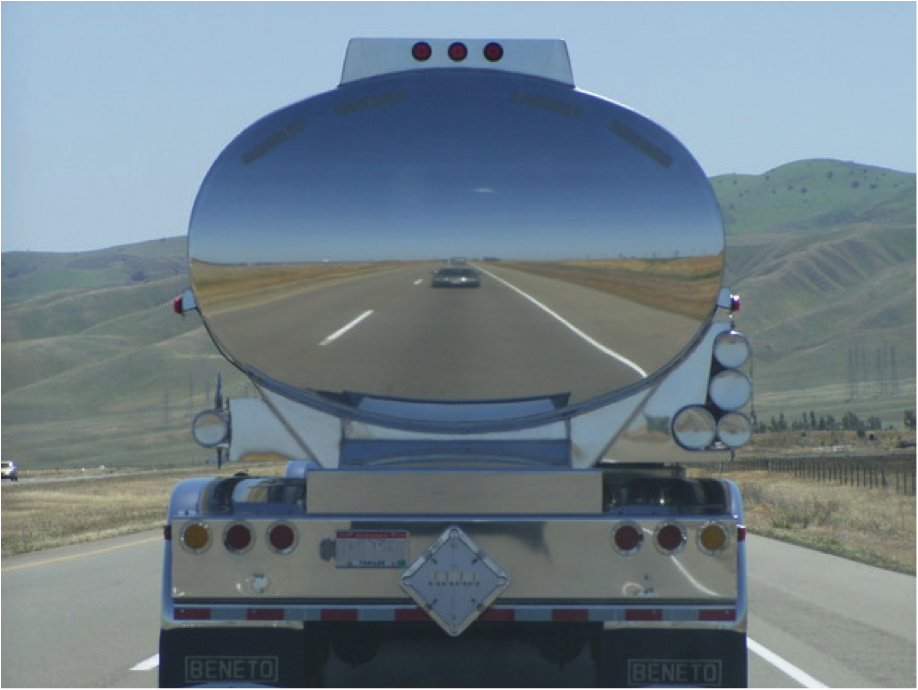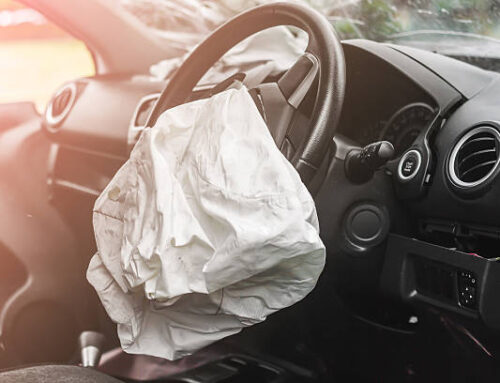When most people hear the term “black box,” they generally think of the black box that is used in airplanes in the event of a crash. What many people don’t realize is that commercial trucks also have black boxes. Black boxes, or Event Data Recorders (EDR), are used to record various data about what a truck was doing before, during, and after an accident.
What does a black box record?
- Average speed
- Highest speed
- Time driven
- Time spent driving 65+ MPH
- Average engine RPM
- Seatbelt Usage
- Airbag performance
- Idling time
How can a black box help in a truck accident?
Black box recording devices are useful in determining that the information provided by the truck driver is factual. The black box data can show if the truck made a hard stop, the speed and engine RPM before the stop, and if the driving time stated on the driver’s personal log is accurate. Discrepancies between recorded data and the driver’s logs can help to prove if the driver was fatigued and can be used to demonstrate poor compliance with trucking regulations on the part of the driver and trucking company.
Black box data can disappear quickly
The recording capacity of a truck’s black box is limited to about a month. Black boxes record data on a continuous loop, meaning that newer data constantly overwrites the older data. Therefore, truck accident victims must immediately contact an experienced truck accident attorney so that they can move quickly to preserve the evidence before it is erased and lost forever.
If you’ve been injured in a truck accident, contact The Pottenger Law Firm today at (816) 531-6006, or visit www.pottengerlaw.com for a free consultation and to make sure that the data on the involved truck’s black box is preserved.




